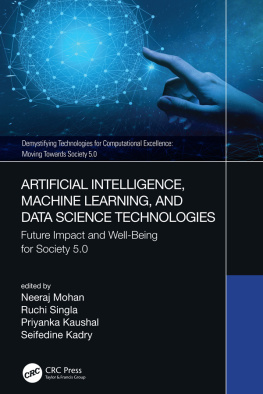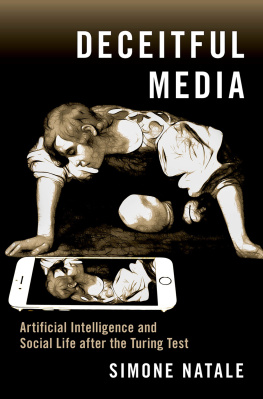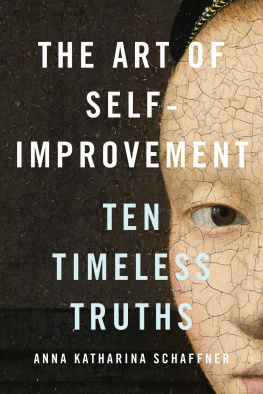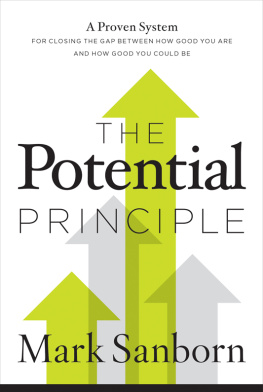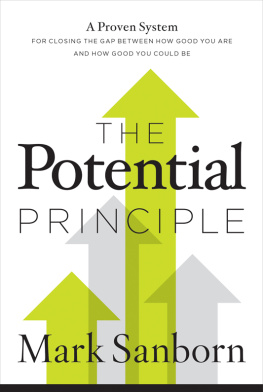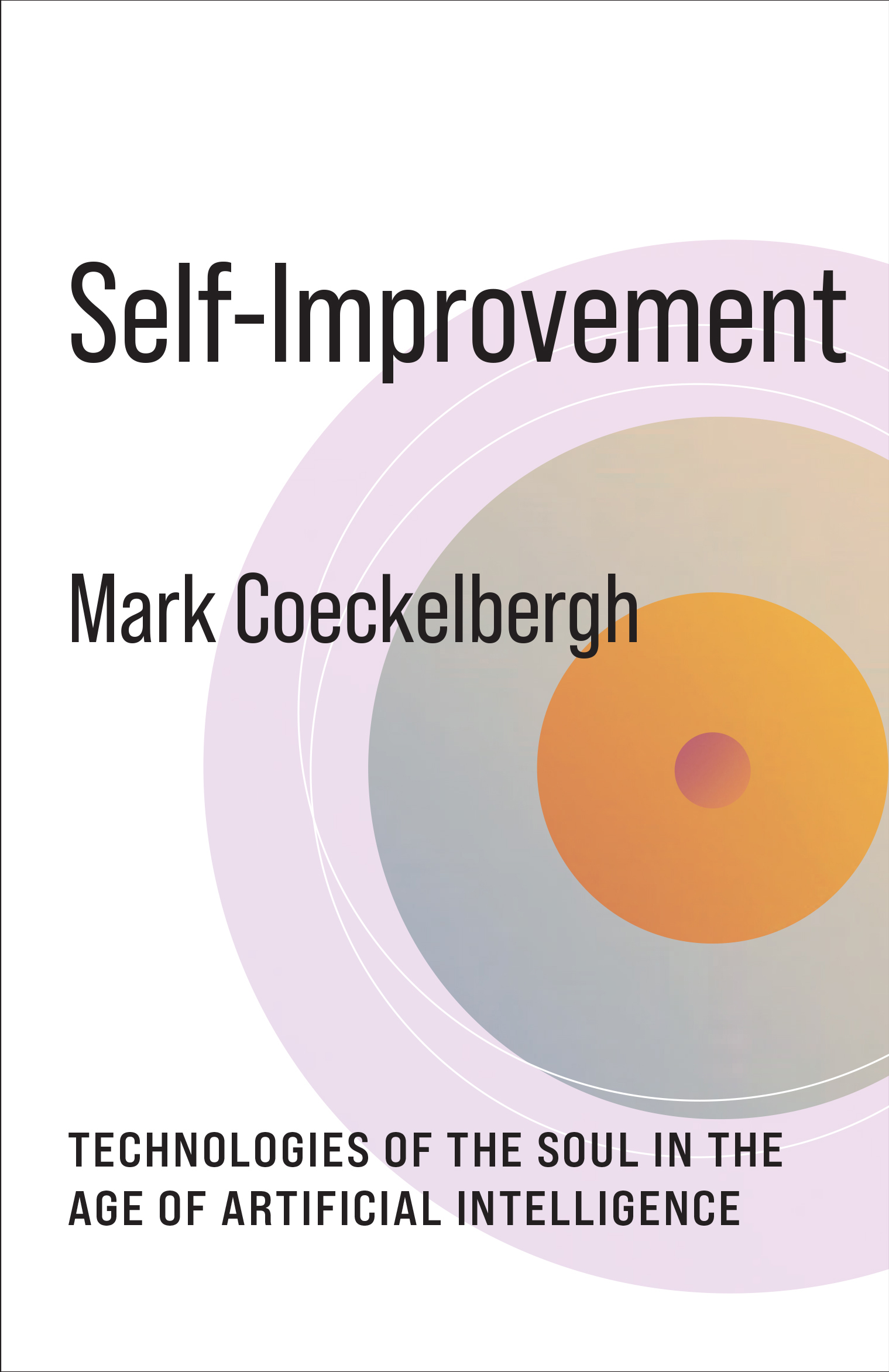Contents
Guide
Pagebreaks of the print version
Self-Improvement

NO LIMITS
NO LIMITS
Edited by Costica Bradatan
The most important questions in life haunt us with a sense of boundlessness: there is no one right way to think about them or an exclusive place to look for answers. Philosophers and prophets, poets and scholars, scientists and artistsall are right in their quest for clarity and meaning. We care about these issues not simply in themselves but for ourselvesfor us. To make sense of them is to understand who we are better. No Limits brings together creative thinkers who delight in the pleasure of intellectual hunting, wherever the hunt may take them and whatever critical boundaries they have to trample as they go. And in so doing they prove that such searching is not just rewarding but also transformative. There are no limits to knowledge and self-knowledgejust as there are none to self-fashioning.
Aimlessness, Tom Lutz
Intervolution: Smart Bodies Smart Things, Mark C. Taylor
Touch: Recovering Our Most Vital Sense, Richard Kearney
Inwardness: An Outsiders Guide, Jonardon Ganeri
Self-Improvement
Mark Coeckelbergh
TECHNOLOGIES OF THE SOUL IN THE AGE OF ARTIFICIAL INTELLIGENCE
Columbia University Press
New York

Columbia University Press
Publishers Since 1893
New YorkChichester, West Sussex
cup.columbia.edu
Copyright 2022 Columbia University Press
All rights reserved
E-ISBN 978-0-231-55653-8
Library of Congress Cataloging-in-Publication Data
Names: Coeckelbergh, Mark, author.
Title: Self-improvement : technologies of the soul in the age of artificial intelligence / Mark Coeckelbergh.
Description: New York : Columbia University Press, 2022. | Series: No limits | Includes bibliographical references and index.
Identifiers: LCCN 2021970037 (print) | LCCN 2021970105 (ebook) | ISBN 9780231206549 (hardback) | ISBN 9780231206556 (trade paperback)
Subjects: LCSH: SuccessReligious aspects. | Self-actualization (Psychology)Religious aspects. | TechnologyReligious aspects. | Artificial intelligence.
Classification: LCC BL65.S84 C64 2022 (print) | LCC BL65.S84 (ebook) | DDC 158.1dc23/eng/20220127
LC record available at https://lccn.loc.gov/2021970037
LC ebook record available at https://lccn.loc.gov/2021970105
A Columbia University Press E-book.
CUP would be pleased to hear about your reading experience with this e-book at .
Cover design: Chang Jae Lee
Contents
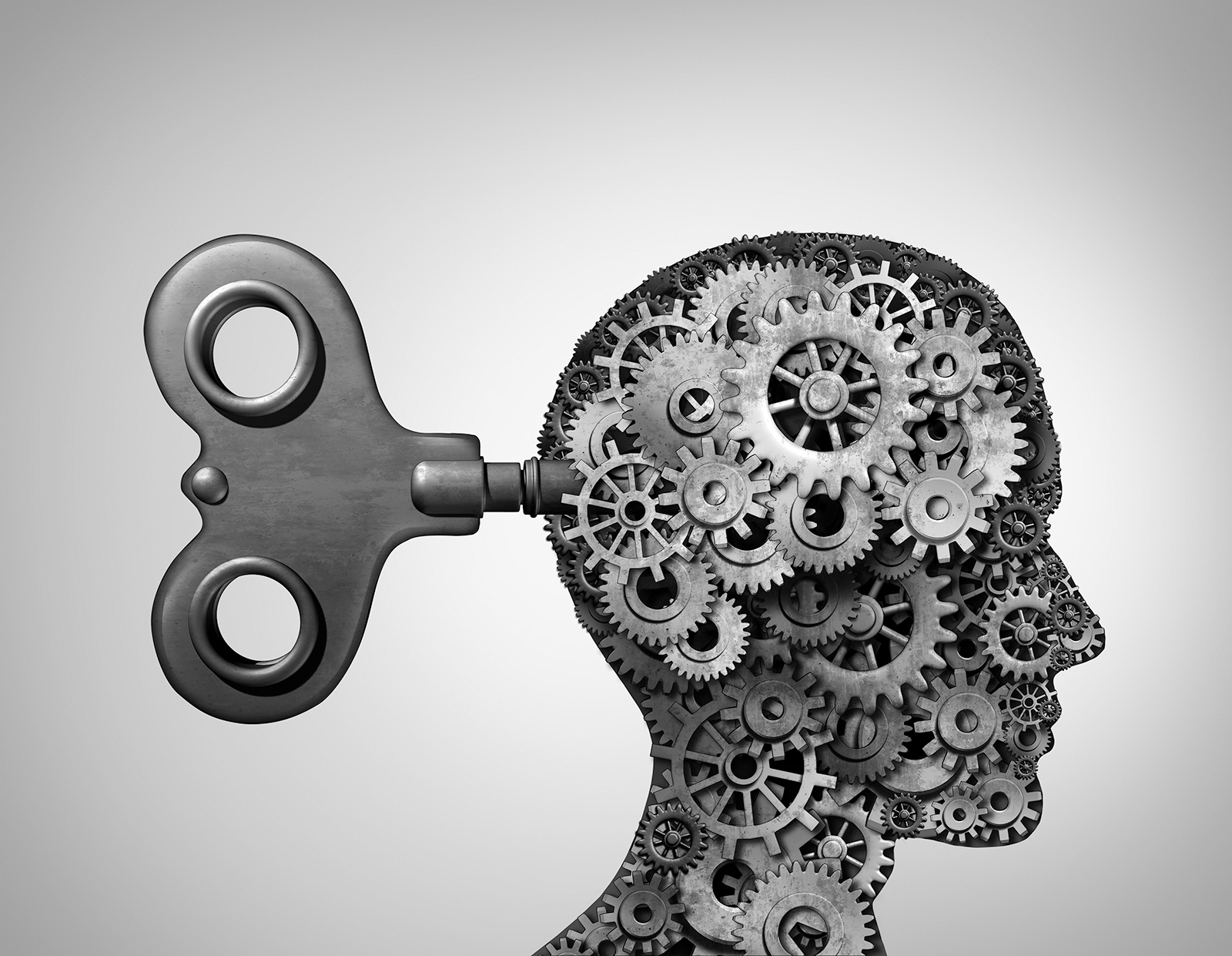
W e are obsessed with self-improvement. Millennials (Gen Y) and Zoomers (Gen Z), for sure, but also Boomers and Gen Xers work out, meditate, go to therapy, and use apps to improve themselves and their well-being. The market offers books, motivational speakers, workshops, retreats, personal coaching, apps, online courses, and so on. Technology helps with this: it helps us to find information, sign up for courses, track ourselves, and let others know about what we do. Like happiness, self-improvement needs to be managed, controlled, measured, recorded, and shared.
But this continuous striving for self-improvement, coupled with self-obsession and perfectionism, is tiring.
It is well known that the pressure to perform can lead to depression and suicide. For example, poor academic performance or fear of poor academic performance, which are seen as key forms of self-improvement and means for upward social mobility, has led to depression and suicide among Chinese adolescents. Celebrities show teenagers that they have to continuously work on themselves. You have to try to increase your happiness and achieve self-fulfillment. You have to overcome a crisis and reinvent yourself. And think positive! If you feel bad, its your own fault. You should work on yourself. And work hard. Its all in your own hands. This puts an enormous burden on people, a burden that can crush them.
However, its not easy to opt out. Self-improvement is no longer optional; it has become an imperative. You have to improve yourselfotherwise youre seen as lazy. Its your duty. And we are always on duty. There is not much room for rest and enjoyment. Just as it is hard to withdraw from the 24/7 economy, it is almost impossible to leave the self-improvement culture. We have to learn and improve. We have to go on. We are self-improving ourselves until we have to give up. We are burned out by our jobs and family lives, but also, ironically, by the self-improvement work that was meant to do something about that.
This toxic culture of self-improvement and perfectionism is not just an American or Chinese problem but has deep roots in Western culture. As I will show in the next chapters, it can partly be explained by ancient Greek and Christian ideas (from Hellenistic techniques of the self to Christian guilt, confession, and the Protestant ethic), humanisms culture of self-examination and learning, and the relentless modern search for authenticity and perfection. It also needs to be put in the context of neoliberal competition, individualism, obsession with self-esteem, a ruthless form of capitalism that predicts and controls our behavior and never leaves us alone, and individualist political ideologies: if collective solutions are rejected, only individual self-improvement is left.
Yet far less examined is the crucial role that technology plays, and has played, in the history and culture of self-improvement: not just as a tool, and instrument, to reach our goals, but also in shaping those goals themselves. Modern humanism already had its self-improvement tools such as novels and diaries. If today we have a problematic culture of self-improvement, this is so because we are now propelled by new, powerful self-knowledge and self-improving technologies: technologies that not only offer us information or invite us to reflection, but also constantly measure us and invite us to compare ourselves to others, drawing us into harsh and unbearable self-disciplining, self-surveillance, and quantitative knowledge regimes. An app on a mobile phone to track ourselves, measure ourselves. A social media post and the game to compare ourselves to others. Recommendations and advertisements from companies that have our data and analyzed our statistical information. We are self-improving ourselves until we crash. Some people benefit from it, and technologies are assisting that system. Our self-improvement machines produce self-loathing and frustration. They make it difficult to accept that you are not broken, as Tina Edwards puts it, and good as you aresomething we would like to hear from a friend or partner. And this is shamelessly exploited by the self-help business and by the tech and data industry. Our self-improvement time is money: not for us, but for others. As millennials spend their limited budget on self-improvement, self-help authors and tech investors see their income soar.
Is there a way to escape this self-improvement machine? An obvious remedy is to try to spend less time in front of our screens and with our mobile devices. Disconnect. Go offline. But, paradoxically, digital detoxing is itself a self-improvement treatment and a self-help mantra. A digital diet is one of the many self-improvement recipes on the market. And its so hard to do because its already so much part of our lives and our world. Given the current ways we work and live, it seems impossible to escape digital technologies altogether: we are already too much dependent on technology. Could there be another solution, one that is critical of our current technologies but not Luddite?



